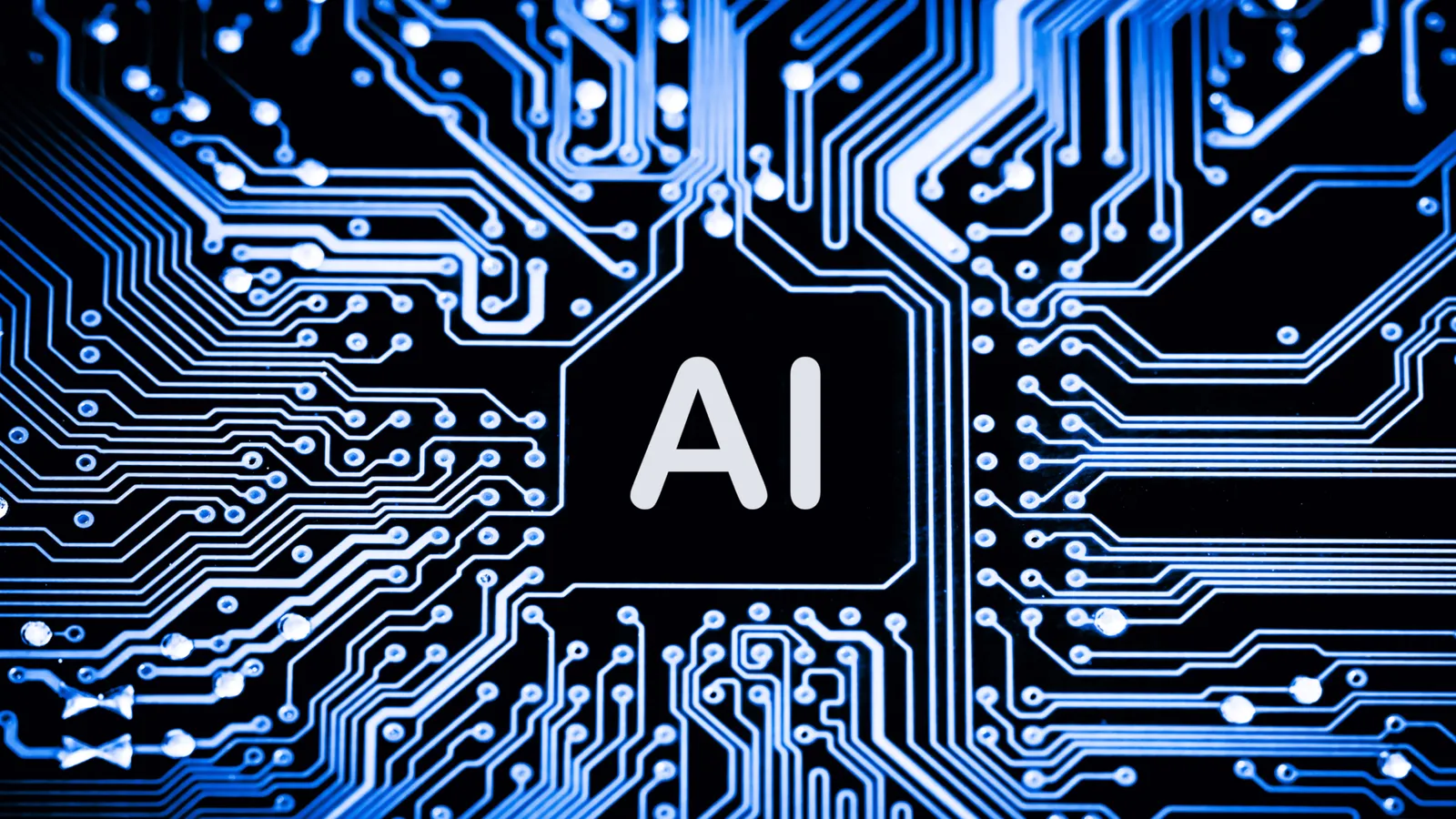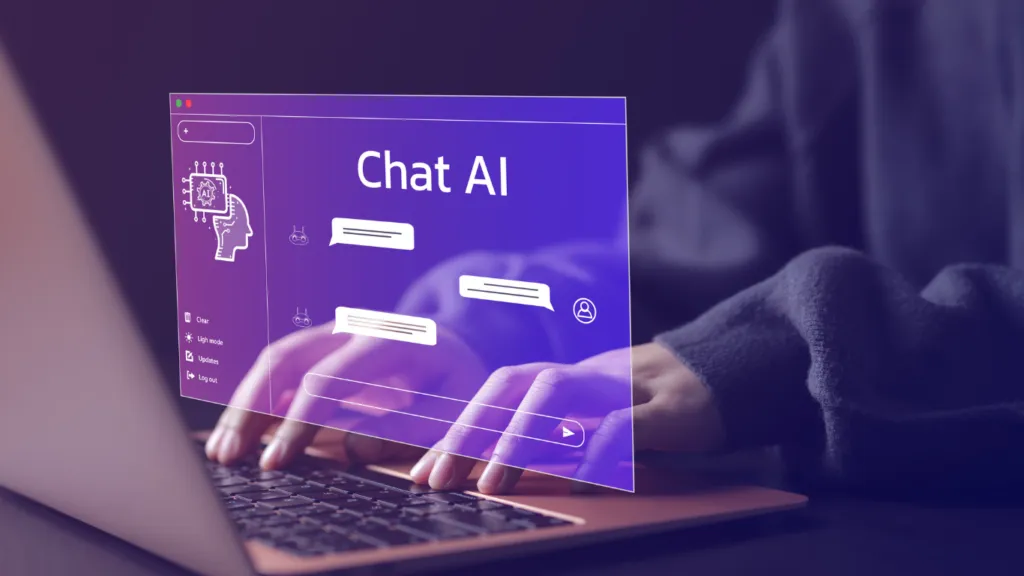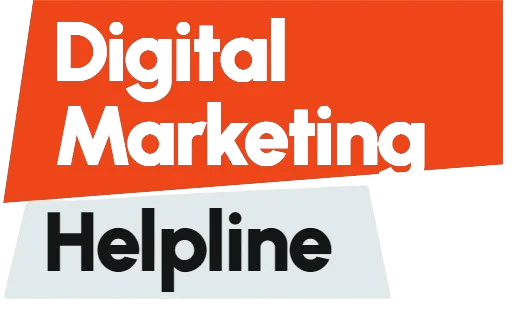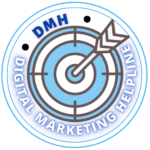
Leveraging AI: Staying ahead of the curve
It’s not a question of whether you want to keep up with the digital marketing industry’s rapid pace of change, but whether you can afford not to. The field has seen many changes during the last two decades, driven mainly by AI. It was fantastic to see how banner ads from the early 2000s evolved into the sophisticated AI-guided campaigns of today. Here’s how to perceive the meaning of AI in digital marketing:
Understanding AI
Let’s clarify what you might already know: AI is a small scientific field where researchers try to make machines perform helpful work that humans would previously do. However, what do you mean when you say “useful work”? The valuable work comprises processing data, recognizing patterns, and making decisions based on this data, and often, machines can do it much quicker and more efficiently than humans.
Why it matters in marketing:
- Personalization: AI can automatically adjust content and pick the best user recommendations, improving customer experiences.
- Predictive analytics: AI can predict trends, which empowers businesses to act proactively.
- Automation allows you to avoid repetitive work and concentrate on marketing strategy.
- Natural Language Processing: AI can generate and comprehend text, which is vital for chatbots and content generation.
Practical applications in digital marketing
Content creation and optimization
- Automated content generation: add GPT-4 and vast numbers of unique and relevant blog posts, product descriptions, and social media entries on autopilot
- SEO optimization: discover the best keywords and their close variations that work great with your particular text
- A/B testing: create many variations of an ad and see real-world results immediately
Customer insights and segmentation
- Behavioral analysis: import your data and get assorted behavior clusters out of it
- Segmentation: Using AI, categorize your chosen demographic, behavioral patterns, and interests
- Churn prediction: realize what factors propel the user to churn and try to eliminate them
Chatbots and customer service
- 24/7 support: an AI-driven chatbot to respond when you and the support team members are sleeping
- Natural conversations: receive meaningful conversations with every user, not a bot-speak
- Lead qualification: qualify leads and save precious sales reps’ time by removing distractions.
Implement AI in your future strategies.
Define your goals.
- Begin Small: Start with specific areas where It can have a positive impact
- Set KPIs: define measurable objectives such as higher engagement, conversion, or bounce rates.
Select the Right Tools
- Content Creation: Use tools like Copilot or GPT-4 to generate high-quality content.
- Analytics: Use tools like Google Analytics or SEMrush for AI-driven insights.
- Chatbots: Use tools like Dialogflow or Microsoft Bot Framework.
Data Quality and Ethics
- Clean Data: It works well with clean, accurate data. Frequently audit and revise your datasets.
- Ethical Use: Be honest about Its role, particularly in customer care.
- The Human Touch: How to Balance AI and Authenticity?
Storytelling
- Narratives Matter: While it analyzes, humans excel at telling stories.
- Emotion and Empathy: Add a bit of warmth and empathy to your content.
Monitoring and Adapting
- Stay vigilant: Keep an eye on AI-generated content for accuracy and tone.
- Measuring ROI for AI campaigns: Several metrics must be taken into consideration when evaluating the return on investment in AI:
- Cost Savings: Consider how it may cut operational expenses via process automation and resource planning.
- Revenue Generation: Estimate the value of AI in increasing sales. For example, tailor-made suggestions can lead to better business.
- Total Cost of Ownership: Assess the entire cost of adoption, such as setup, training, and maintenance.
- KPIs and Tracking: Keep an eye on the number and adjust as required.
Other issues involved labor, data quality, and recording AI impacts for advertising purposes. However, if you set it correctly, AI may yield excellent returns, making it an investment for startups and corporations.
AI-Driven Social Media Marketing:
As the pulse of modern communication, social media thrives on AI-driven models and strategies. Find out how you can employ this tool for winning in the social media game:
Automated Content Creation
- Context-aware posts: Tools such as Lately are designed to understand context from more extensive pieces of content and generate posts for social media promotion.
- Natural language generation: you can turn an insightful report with meaningful data into a tweet that strikes a chord with the audience.
Smart Monitoring and Analysis
- Data-driven insights: Even if you cannot read through millions of posts daily, AI tools can do it for you and empower your savvy decision-making.
- Discover influencers: Emplifi and similar tools help you find the influencers who can drive the results and save you dollars on trial and error.
Optimized Paid Advertising
- Ad copy optimization: Essential due to the competition, the optimization tool is a predictive technology that makes the most converting and clicking ads.
- Audience segmentation: This enables you to personalize the ads for various segments and increase performance with AI-driven tools.
Leveraging AI Trends Emerging in Digital Marketing

Leveraging AI through generative AI models such as DALL-E and Midjourney enables the creation of a whole new niche for leveraging AI-generated visual content. The new era implies that creating custom pictures, graphics, and videos from mere text prompts will be possible.
Voice assistants such as Alexa and Siri are already covering different continents. The voice AI revolution is about to scale even further and reach out to transform interactive brand experiences and personalized audio content.
Metaverse and AI are new buzzwords in which many major corporations and tech giants invest. AI will become a game-changer in the metaverse as AI agents will help to create immersive experiences and decode human experience patterns in no time.
Upskilling for leveraging the AI-Driven Future
Continuous Learning through leveraging AI
To stay ahead of the curve, marketers must develop a learning attitude. Attend workshops, enroll in online courses, and continuously learn about emerging AI trends and any new possible applications.
Increased collaboration with tech teams
Bring technology and marketing teams together. Marketers will only reap maximum benefits from an AI strategy if they understand how the technology works in the first place.
Ethical concerns
As AI technology becomes more widespread, it is crucial to understand and address its ethical and moral implications. The most novel ethical concerns for marketers are privacy, data protection, and accountability.
Criticism for Leveraging AI in digital marketing
Concerns regarding bias and fairness
AI models can cause harmful outputs by replicating prejudices hidden in the training data. Fairness considerations arise in various aspects, including ad targeting and the personalization of content.
Privacy and security
AI technology requires the system to collect and analyze extensive amounts of user data; as a result, privacy issues arise. Additionally, AI technology may be subjected to hacking and adversarial attacks, resulting in security ramifications .
Employment for human resources
Although AI automation may assist in eliminating repetitive tasks, there is concern about the impact on human employment. Content creators and advertising copywriters are the most vulnerable employment areas .

Although leveraging AI has been proven to make operations more efficient, relying extensively on it may lead to innovation, which may be a setback.
It isn’t about preventing humans; it aids them, so it should be your key weapon in your mission for digital marketing success. Be cautious of its limitations and possible drawbacks, whether you are just starting or a seasoned professional.

